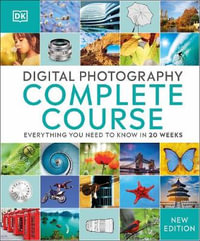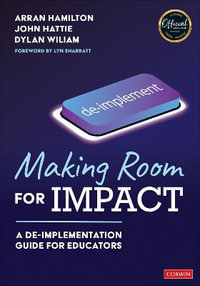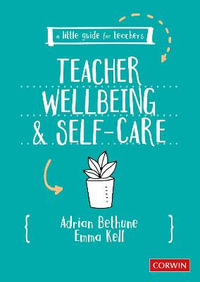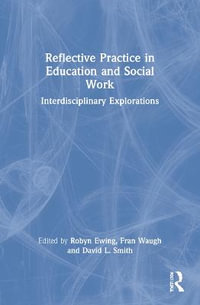If our goal is Education for Knowing, as the title says, then we need to be guided by a conception of what knowing is. For example, we can all agree that there are "math facts" that students need to learn, and we can agree that there are general concepts and laws that students should be acquainted with. But is there more involved, perhaps something like nurturing in students a desire to probe deeper into the workings of thing? Or developing a capacity to explain why things work the way they do? Our conceptions of what genuine knowing is serve as guides to what we think the goal of education is, and they tell us how to "build a student."
However, as it turns out, there are multiple conceptions of what knowing truly involves, and these conceptions tend to be different for different sets of education stakeholders such as parents and their children, school administrators, and educational researchers. Understanding this diversity of conceptions of knowing will make it easier for representatives of the different stakeholder groups to work together to accomplish the goal of building knowing students.
About the Authors
Paul A. Wagner, PhD, is the author of over 130 publications including nine books. He is chair of the Department of Leadership and Policy Analysis at the University of Houston.
Frank K. Fair, PhD, has a number of publications in a variety of academic journals, co-authored two books on innovation, quality management, and team creativity in business. Two other recent publications especially relevant describe the successful replication of empirical experiments on the effects of the Socrates in the Schools program.
Industry Reviews
This book is perfect for graduate education courses that aim to "dig deep" into the ways in which theories of knowledge impact classroom teaching, school systems, and education policy. A bridge between disciplines, stakeholders, theory, and practice Education for Knowing: Theories of Knowledge for Effective Student Building sparks critical conversations and dialogue between education policy makers, researchers, and teachers. It calls on all of us to revisit the purpose of schooling and what it means to be educated. An important resource for our changing times, the authors of this book inspire students to be truth-seekers, deeply engaged in "The Great Conversation of Humankind."--Amber Strong Makaiau, specialist, Institute for Teacher Education, College of Education; director, Curriculum and Research, Uehiro Academy for Philosophy & Ethics in Education, College of Arts & Humanities; director, Hanahau'oli School Professional Development Center, University of Hawai'i at Manoa Paul Wagner and Frank Fair ask readers to consider what is involved in engaging in an idealistic quest they call The Great Conversation of Humankind. They see schools as the constructed but necessary arenas for what they call student building, and part of that work is learning about domains of knowledge and engaging with them in a community of inquiry. Wagner and Fair draw upon philosophical texts and years of educational practice to make their case for student building, a vibrant metaphor for teaching and learning that captures the hope and energy of this text. I will use it in graduate classes.--AG Rud, distinguished professor, Washington State University This book embraces student-building, by emphasizing stakeholder understanding of interdependent knowledge bases among administrators and researchers in particular, and derivatively, teachers and parents as well. The authors create insight into foundational expectations that often separate and blur stakeholder expectations. I am telling all my associates in senior administration this is an essential read in both practice and theory.--P.D. Pape, EdD, CPA, Asst. Supt. for Finance and Operations, Mesquite Independent School District; Former School Board President Goose Creek Independent School District
























